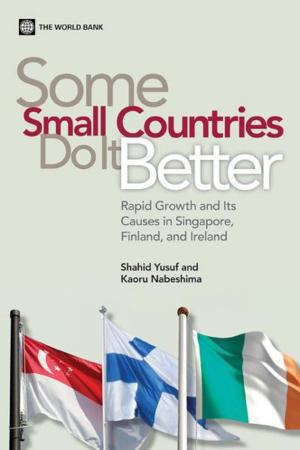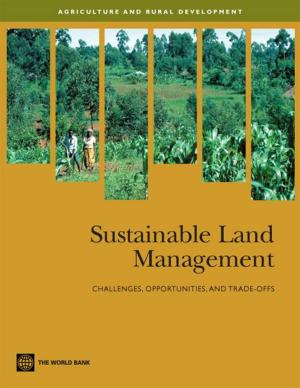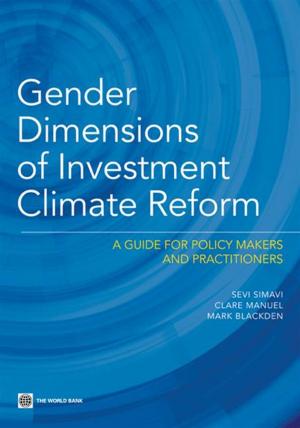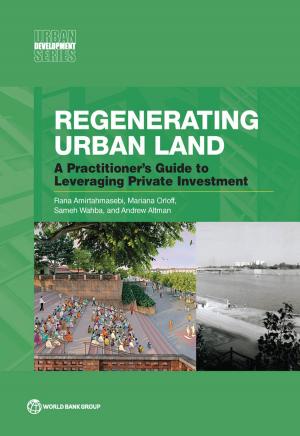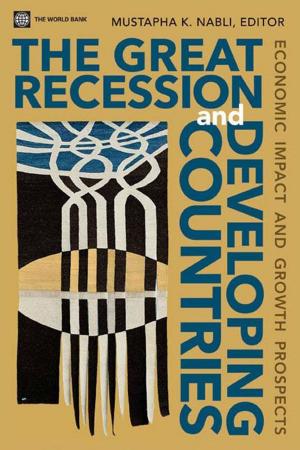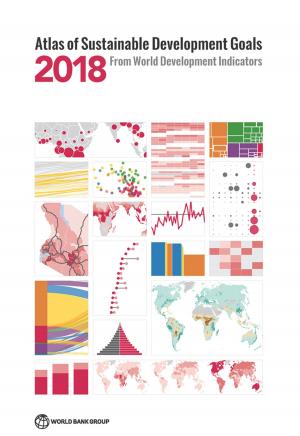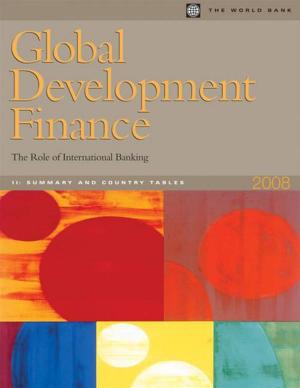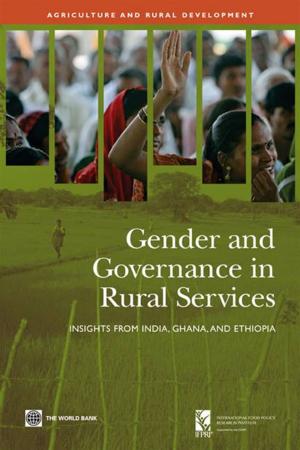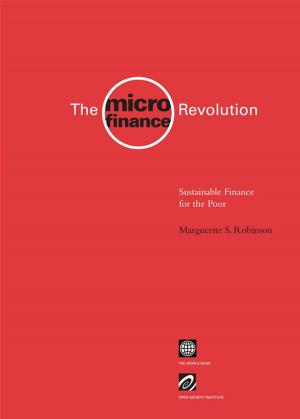Poverty And The Environment: Understanding Linkages At The Household Level
Nonfiction, Science & Nature, Science, Biological Sciences, Environmental Science| Author: | World Bank | ISBN: | 9780821372234 |
| Publisher: | World Bank | Publication: | December 18, 2007 |
| Imprint: | Language: | English |
| Author: | World Bank |
| ISBN: | 9780821372234 |
| Publisher: | World Bank |
| Publication: | December 18, 2007 |
| Imprint: | |
| Language: | English |
Drawing upon recent analytical work prepared inside and outside the World Bank, this report identifies key lessons concerning the linkages between poverty and the environment. With a focus on the contribution of environmental resources to household welfare, the analysis increases our understanding of how specific reforms and interventions can have an impact on the health and livelihoods of poor people. "Scholars and development practitioners increasingly recognize that in low-income countries there are inextricable links between poverty reduction and natural resources management. Demand has grown immensely for not only more, but better empirical evidence on those links. This volume offers a careful synthesis of key findings from growing literature on the environmental determinants of household welfare, as reflected by indicators of consumption, health, and income. The primary contribution of this study is that is has drawn out vital policy conclusions that will be of value to organizations and governments concerned about poverty and the environment in the developing world."
Drawing upon recent analytical work prepared inside and outside the World Bank, this report identifies key lessons concerning the linkages between poverty and the environment. With a focus on the contribution of environmental resources to household welfare, the analysis increases our understanding of how specific reforms and interventions can have an impact on the health and livelihoods of poor people. "Scholars and development practitioners increasingly recognize that in low-income countries there are inextricable links between poverty reduction and natural resources management. Demand has grown immensely for not only more, but better empirical evidence on those links. This volume offers a careful synthesis of key findings from growing literature on the environmental determinants of household welfare, as reflected by indicators of consumption, health, and income. The primary contribution of this study is that is has drawn out vital policy conclusions that will be of value to organizations and governments concerned about poverty and the environment in the developing world."


